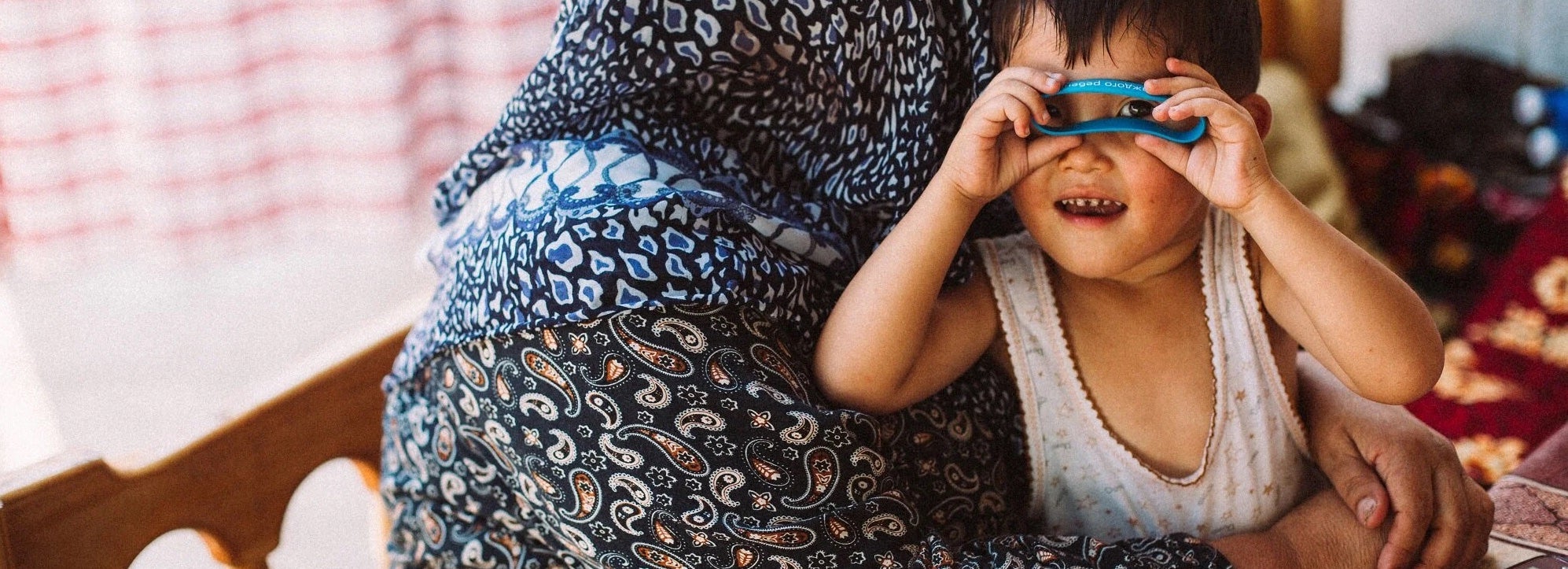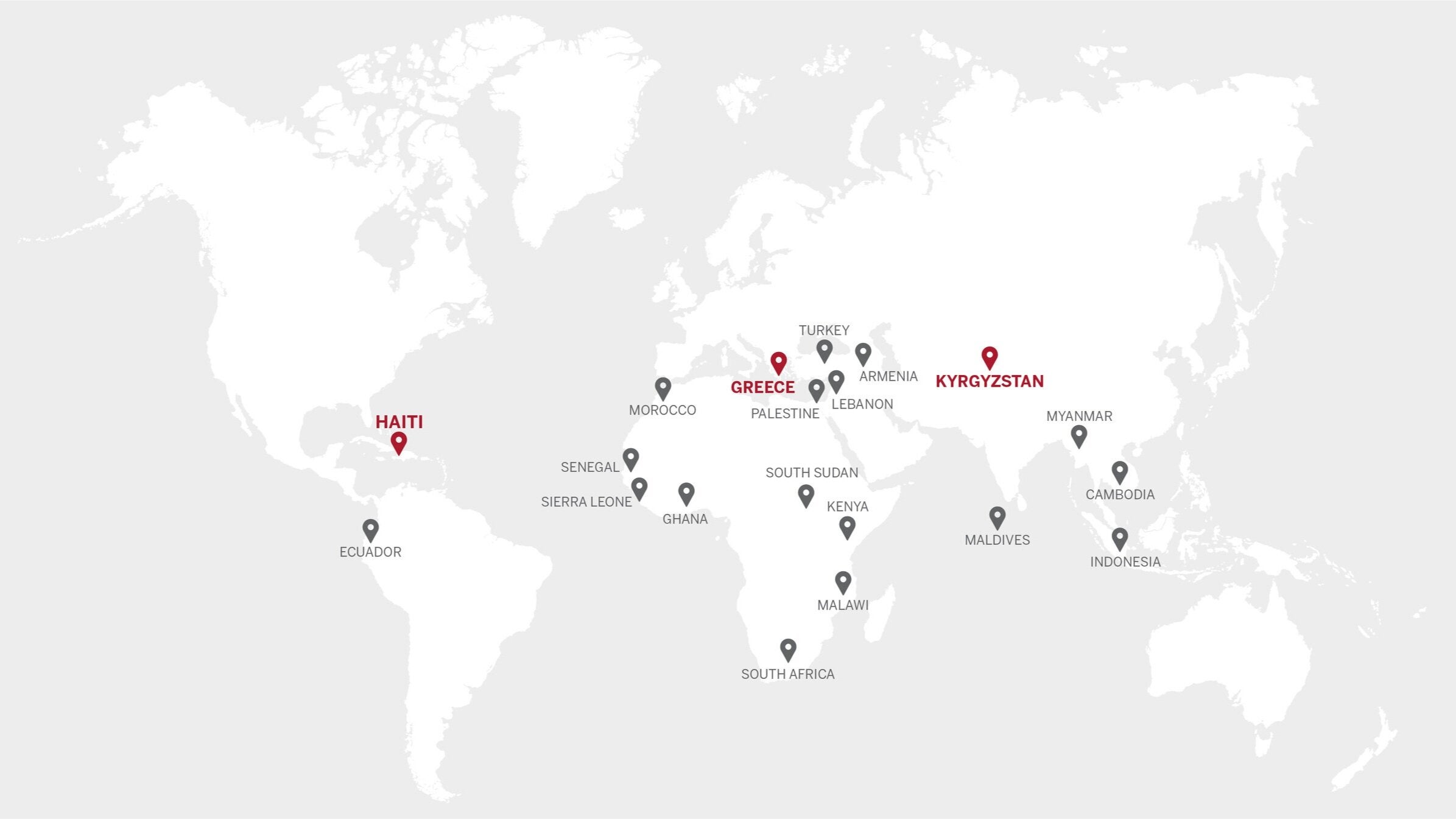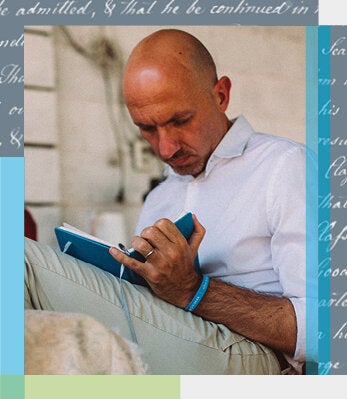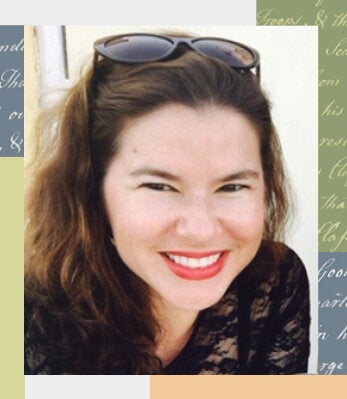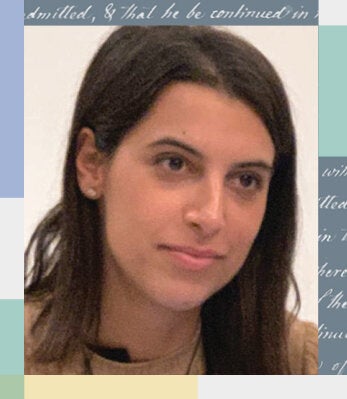Child protection professionals around the world dedicate their lives to safeguarding children from the effects of trauma and violence—frequently in the face of overwhelming obstacles such as war, natural disasters, and global pandemics like COVID-19. In many cases, they lack resources, funding, and the means to engage and connect with colleagues grappling with similar challenges.
A program at the François-Xavier Bagnoud (FXB) Center for Health and Human Rights at Harvard University aims to change this by equipping participants from dozens of countries with training and support to enhance their work. Now, thanks to a generous endowment from philanthropist G. Barrie Landry through UNICEF USA, the newly renamed G. Barrie Landry Child Protection Professional Training program can empower more practitioners to help improve the lives of children for generations to come.
Since 2014, the FXB Center—a University-wide center based at the Harvard T.H. Chan School of Public Health—has welcomed mid-career professionals from government agencies, international organizations including UNICEF and the International Organization for Migration, and local NGOs to Harvard’s campus for a week-long intensive program. Working in teams of three, participants focus on building tangible solutions to urgent challenges in their home countries.
“The child protection program that grew out of a unique partnership between Harvard and UNICEF has exceeded all my expectations,” says Landry. “It has not only raised the professionalism of the child protection sector as a whole, but has attracted some of the brightest and most dedicated participants from around the world who are being trained to change laws, policies, and social norms—all in favor of protecting the health and well-being of our children.”

Helping Children Thrive
Across the world, the issues facing these children—such as displacement, child labor, abuse, neglect, and human trafficking—are compounded by stark socioeconomic and racial inequalities. In addition, the stressors of poverty, racial injustice, and housing insecurity can manifest as violence within families, explains Mary T. Bassett AB ’74, director of the FXB Center and FXB Professor of the Practice of Health and Human Rights at the Harvard Chan School. The widespread need for holistic child protection services, which are often underfunded and lack adequate training, is a gap that she is confident the FXB Center can help fill.
“Our goal is that every child should have the right to a healthy childhood,” Bassett says. “When you take care of families and communities, children are more likely to thrive.”
A committed advocate for the health and well-being of children everywhere, Landry was one of eight women who helped to build the Maranyundo Girls School in Rwanda. She is a member of UNICEF USA’s New England regional board and a lead supporter and advocate for UNICEF’s work globally. Her innovative leadership and special focus on child protection have enabled UNICEF to pilot new programs including partnering closely with the Mexican government to implement an open shelter in Mexico as an alternative to detention. Landry was also instrumental in the creation of the first master’s program in child protection at Harvard.
This most recent gift for the FXB Center’s Landry Child Protection Professional Training program endows the program’s tuition in perpetuity, covering the cost of attendance so representatives from even more countries can participate. (While the 2020–2021 program has been postponed due to the COVID-19 pandemic, this year’s cohort has a standing invitation to return in the future.)
“This game-changing partnership will result in not only a new generation of child protection professionals, but ultimately a safer and healthier world for children around the globe,” says Henrietta H. Fore, executive director of UNICEF.
Tackling Ineguities
With the ongoing coronavirus pandemic, this work has taken on new urgency. Structural violence, Bassett explains, includes poverty, racism, and exclusion—issues that are exacerbated by COVID-19. “Viruses take advantage of the spaces that society offers them, which emerge along inequality and marginalization,” she says.
A recent analysis Bassett conducted with Harvard Chan School co-investigators Nancy Krieger AB ’80, professor of social epidemiology, and research scientist Jarvis T. Chen SM ’97, ScD ’01 shows that communities of color have borne a disproportionate brunt of the crisis and are dying at younger ages. As leaders in the fields of local government and social services, program participants are encouraged to speak up and call attention to inequities—tackling them at the root cause to help save children’s lives. Says Bassett: “We can raise our voices, even when we can’t always ensure that the policy changes we like to see will follow.”
Fundamental human rights still remain out of reach for many children, despite the fact that most nations have signed the treaty on the United Nations Convention on the Rights of the Child. “Society has a problem viewing children as people who are under the control of adults, and not seeing them as people who have the rights of all human beings,” explains Bassett.
“The common predicament of childhood—that the children are dependent upon adults for protection and a voice—is a bond across all nations where our program works,” she says. “This gift will make a real difference to the program, the FXB Center, and for children around the world. Childhood will always need to be protected.”
“This game-changing partnership will result in not only a new generation of child protection professionals, but ultimately a safer and healthier world for children around the globe.”

